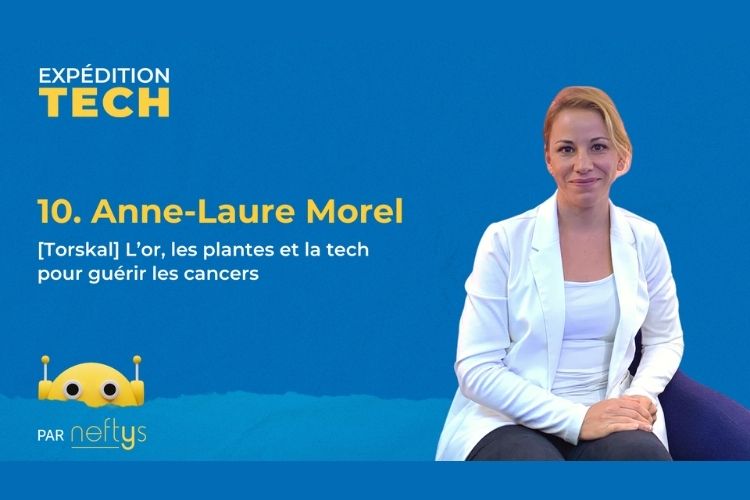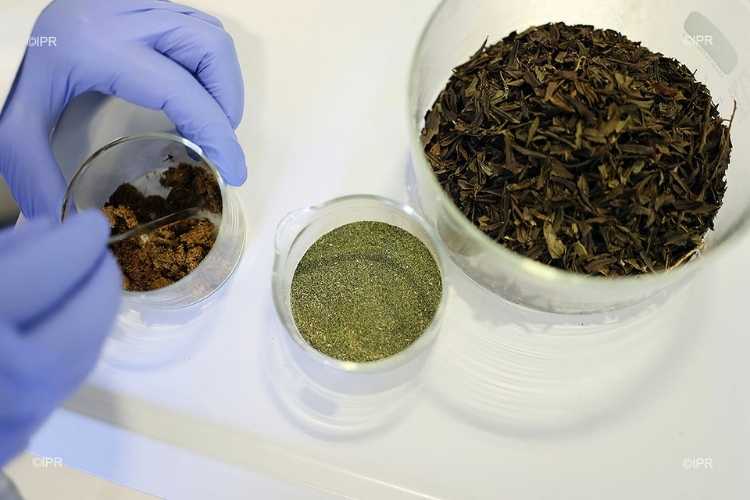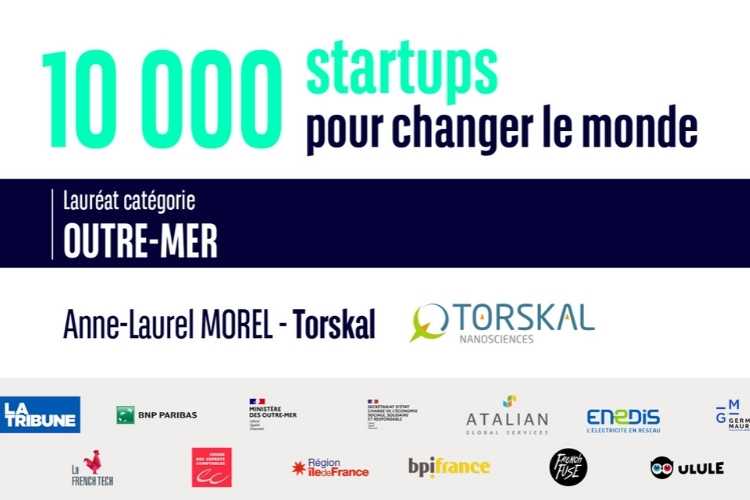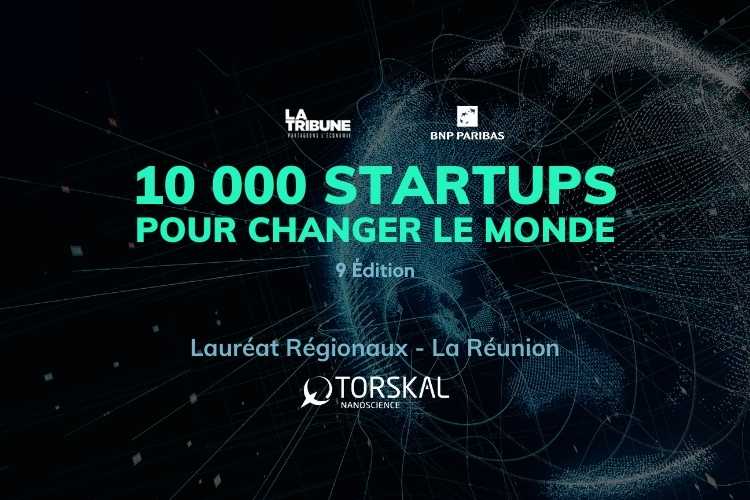A complete interview with Let’s Go France related to our research & development, vision and more
28 Feb, 2020 – As published on Lets Go France (Translated)
The Reunionese company Torskal is looking around the world for a cancer treatment combining nanotechnology and green chemistry. Like other biotechs, the health crisis at Covid-19 is challenging its prospects. Anne-Laure Morel, CEO and founder, wants to invest in new partnerships, with her eyes set on the international scene.
Following the health crisis, has there been an awareness of the French research & development ecosystem?
Like other biotechs, we have been solicited by laboratories, large groups, technology transfer services and universities, to find together a Covid-19 test solution. Our businesses have thus benefited from a new media visibility and the general public has discovered the organization and the vivacity of French research. They also understood what is at stake. Our landscape is organized between fundamental research, often public, applied research, on the private side, and experimental development, carried by both at the same time. Cut the budget of one and the other two will suffer. If we put an end to allocations for basic research, it is the medium-term end of all innovation on French territory. It is the combination of these different modes of research that makes French excellence. Beyond budgets, it is cooperation frameworks that are necessary to multiply our research tenfold, which has been put to the test during the health crisis.
What role for R&D companies in France’s recovery plan?
We cannot envisage economic recovery without the contribution of research companies. They are the driving force behind France’s attractiveness and its international influence. Research makes our companies competitive in high value-added activities.
“Setting up TORSKAL’s headquarters on Reunion Island was a real gamble. A winning bet.”
– Anne-Laure Morel, CEO & Founder of Torskal
In this context, what direction will Torskal take?
The health crisis has prompted us to reflect on our medium- to long-term strategy. Contrary to the current trend, we have decided to focus on recruitment. In addition, until now, we have focused on the French market and China. Our interest is now focused on the American continent where we have the opportunity to become the pioneers of green nanotechnology. We are looking for industrial partners: everything is to be built in this new project of international influence. This will be our ambition in this time of economic reconstruction.
With the new €2.5 billion Plan Investment for the Future 4, does the stimulus package provide sufficient support for research companies?
It is not so much a question of budget, but rather of access to this resource. Previous PIAs were conditional on the creation of alliances with large groups or laboratories in order to benefit from them. This was a clever way to encourage collaborations, which are of vital importance for French research. However, this system did not sufficiently protect very small companies.
“So many things today are dematerialized; It’s time for investment players to make that shift.”
– Anne-Laure Morel, CEO & Founder of TORSKAL
More generally, biotechs consume a lot of cash. There is definitely a need to find sustainable financing mechanisms to better support them. In this perspective, at Torskal, we believe in developing local partnerships to raise funds locally and access the market at the same time.
Partnership is the model that accelerates Torskal. We practice it for our clinical trials with private partners. And we also bring on board public partners such as university hospitals. With this method, we co-construct the product in order to guarantee its long-term purchase by these same players.
What are the advantages of innovating far from the recognized places?
Setting up Torskal’s headquarters on the island of Reunion was a real gamble. It was a winning bet, since it has proven to be very beneficial for our product. We work close to our suppliers of medicinal plants, the raw material of our solution. This allows us to secure the supply by working directly with the farmers. We started our work in collaboration with phytochemists trained in local laboratories who know these endemic plants. We have thus shared our knowledge by combining phytochemistry and material chemistry.
The other advantage of setting up in an overseas department is fiscal. We benefit from an attractive research tax credit rate of around 50%, compared with 30% in mainland France. Reunion Island is Europe in the heart of the Indian Ocean, except that we are geographically closer to our Asian partners.
However, this choice of the French overseas departments and territories is not easy to make in all circumstances. This is sometimes pointed out to us by potential investors, historically based in the big places like Paris. However, so many things are now dematerialized and opened up; it is time that the investment players take this turn. Digital technology and tax strategies are important levers for innovation in the French overseas departments and territories, provided that investors also decentralize.




